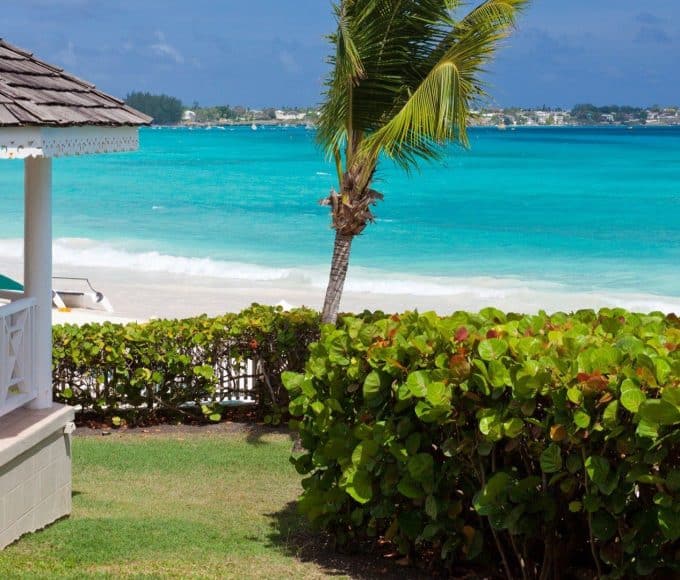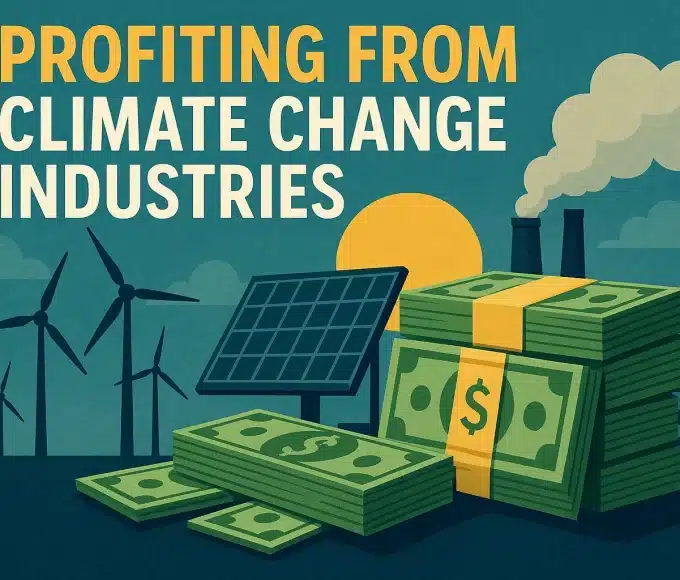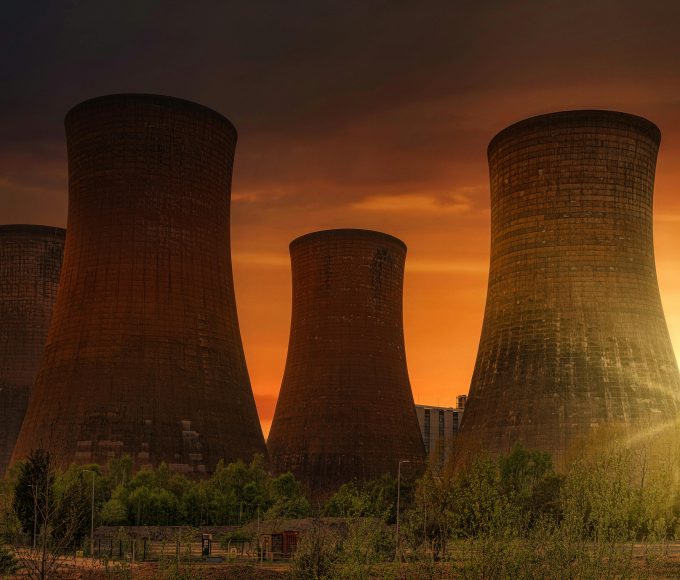
When you travel these days, you’re doing so in a more environmentally friendly fashion than you did a decade ago.
Airlines are flying planes that have more fuel-efficient engines and are lighter in weight to save on costly jet fuel. Architects are designing hotels to be more efficient in their use of energy and water, and to reduce waste. Rental car agencies are adding more hybrid and electric cars to their fleets.
Some steps have been forced on the industry by the threat of government action, sheer economics or customer demands. But some companies say it’s just good business.
Many associations, for instance, refuse to gather in hotels that don’t meet environmentally friendly standards.
“We actually have customers who are asking, ‘What’s the carbon footprint of our meeting?’ ” said Paul Snyder, vice president of corporate responsibility for IHG, parent company of InterContinental Hotels, Holiday Inn and others.
In a TripAdvisor survey of 700 U.S. travelers last year, 57 percent said they often make eco-friendly travel decisions.
Hotels are building green buildings or retrofitting old ones to be more sustainable. In 2008, there were only 18 hotels with LEED, or Leadership in Energy and Environmental Design, certification awarded by the U.S. Green Building Council, an industry nonprofit. Last year, there were 198 LEED-certified properties.
Green buildings, on average, use 26 percent less energy, emit 33 percent less carbon dioxide, use 30 percent less water, and produce 50 percent to 75 percent less solid waste, according to the building council. Hotels also are adopting motion sensors, key cards that control lights, fluorescent bulbs and ceiling fans aimed at saving energy. To save water, they’re installing low-flow shower heads and low-flow toilets. They’re recycling more and replacing individual shampoo bottles with large dispensers.
Airlines have saved more than $33 billion on fuel and prevented the release of 670 billion pounds of greenhouse gases since 2000, according to Brighter Planet, which measures companies’ carbon footprint. Plane manufacturers are building more fuel-efficient planes. US Airways, along with most others around the world, is looking into alternative fuels such as biodiesel, a blend of soybean oil and diesel fuel that produces fewer emissions and extends the life of the engine, said Vince Costanzo, managing director of Stations Operations Support.
Major car rental companies are adding electric cars to their already growing hybrid fleets.
• Enterprise has more than 5,000 hybrids and electric vehicles available for rent at 70 locations.
• Avis Budget has about 4,800 gas/electric hybrid vehicles available. The company keeps a small number of Chevrolet Volt electric vehicles at New York’s LaGuardia Airport.
• Hertz plans on adding more green vehicles to its fleet, said spokesman Lemore Hecht. It also has a car-sharing program.














